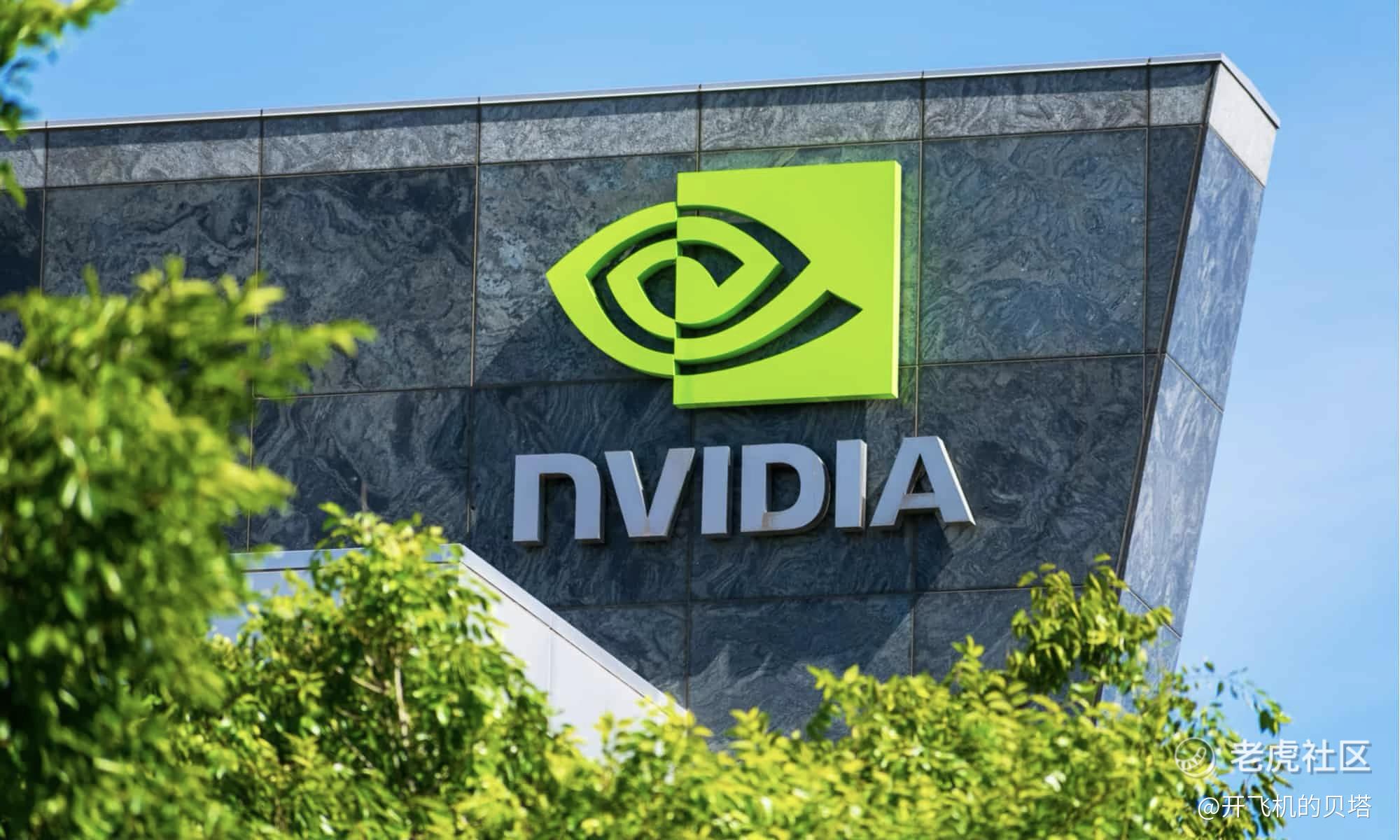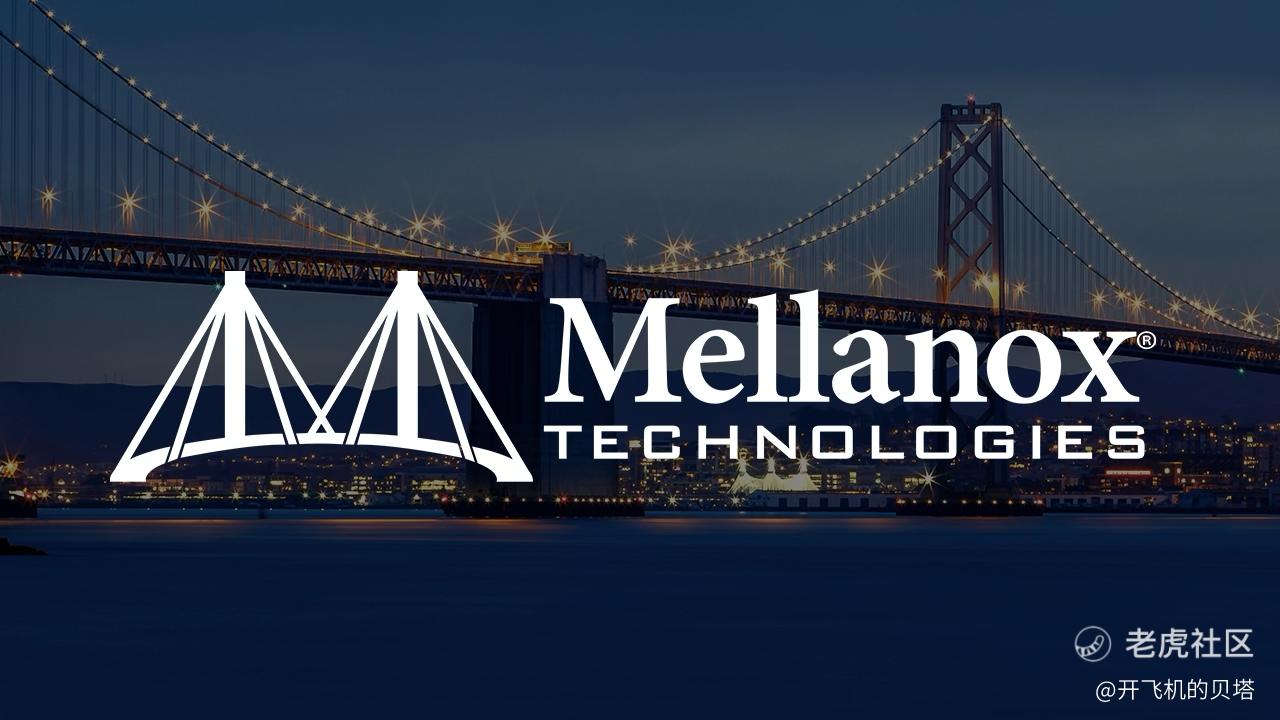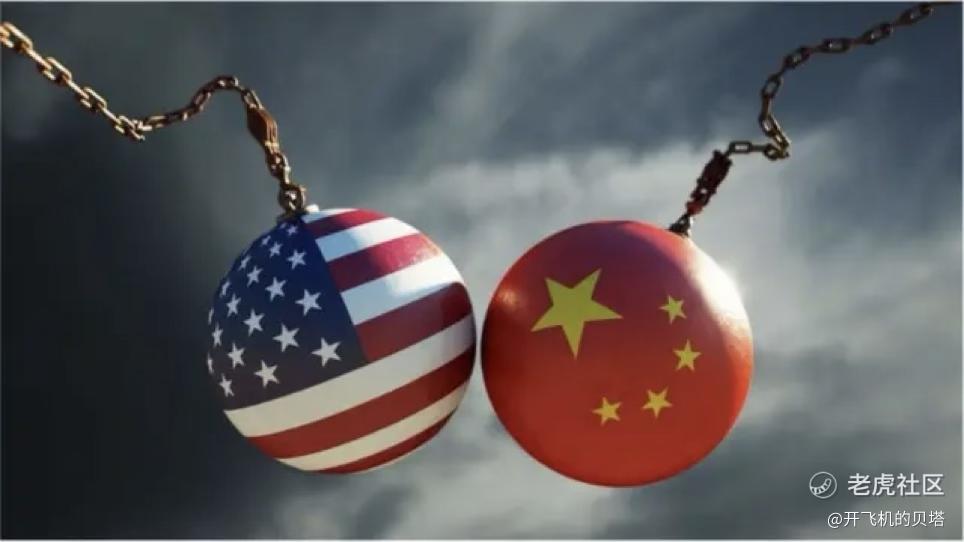Is NVIDIA About to Exit the Chinese Market Amid Antitrust Storm?
In a seismic development rocking the tech world, semiconductor titan NVIDIA has hit turbulent waters in China as its blockbuster $54 billion acquisition faces intense antitrust scrutiny. This high-stakes deal, like a simmering silicon stew, has just been put on pause by regulatory watchdogs.
What exactly is antitrust? Think of it as the gaming world's anti-cheat system for business - preventing any single player from becoming overpowered with an "invincible hack." Recently, NVIDIA's mammoth $54 billion acquisition has found itself under the microscope in what could be called the ultimate "anti-cheat" inspection.
Let's decode this semiconductor showdown. NVIDIA's master plan involves acquiring Mellanox, an Israeli chip design powerhouse. Imagine NVIDIA attempting to supercharge its "computer brain" with an elite chip upgrade, pushing its computational prowess to new heights. However, Chinese regulators aren't exactly rolling out the red carpet.
Why the intense scrutiny? The stakes are astronomical:
1. Technology Monopoly Risk: A Potential Game-Changer
Think of traditional data center operations as a complex relay race: data must sprint from one AI node's GPU to memory, then to a network card, through network cables, back through another computer's network card, into memory, and finally to the destination GPU. It's like a package navigating through six different distribution centers before reaching its destination.
Enter Mellanox's InfiniBand technology - imagine a direct superhighway between computers. Data can zoom almost directly from one AI node's memory to another's, like transforming a multi-stop delivery route into express shipping.
If this revolutionary technology falls into NVIDIA's arsenal, it's like giving a martial arts grandmaster an ancient scroll of ultimate power. They wouldn't just dominate AI computing efficiency; they'd control the entire data center's "transportation network." When a tech giant simultaneously wields both computing and ultra-high-speed data transmission capabilities, they become virtually unstoppable.
2. Market Competition Crisis: The Squeeze Play
Picture the chip market as an elaborate fighting arena, with NVIDIA already commanding the highest platform. This Mellanox acquisition would be like equipping this reigning champion with yet another legendary weapon. It's similar to a kung fu master discovering a long-lost martial arts manual - their dominance becomes nearly absolute.
3. Geopolitical Chess Match: The Silent Tech War
The geopolitical sensitivity resembles a smokeless global tech war, with semiconductors serving as the sharpest weapons. Like a complex game of international chess, each technological acquisition can trigger a cascade of reactions.
Market mayhem ensued last week as NVIDIA's stock took a roller-coaster plunge, sending investors into a panic spiral. Social media exploded with rumors: "NVIDIA facing Chinese market exile!" "RTX series supply chain endangered!" "RTX 4090 becoming a collector's item!" Fear spread through the gaming community like wildfire.
A GPU gold rush has already begun in the secondary market. Scalpers are reportedly stockpiling graphics cards, betting on future price spikes. Veteran gamers fear a repeat of the previous GPU apocalypse, with forums buzzing with urgent advice: "Grab one while you still can!"
But let's pump the brakes - is doomsday really approaching?
The antitrust investigation remains a work in progress. Like a referee-less football match, both sides are still in heated play. Chinese regulators, known for their swift action, are equally renowned for seeking win-win solutions. NVIDIA's playbook might include:
-
Acquisition restructuring: Potentially scaling back certain operations
-
Technology licensing: Opening specific technologies to Chinese firms
-
Financial settlement: The monetary path to resolution
-
Strategic divestment: Reducing monopolistic concerns
For everyday consumers, the burning questions remain: Will this affect GPU availability? Are price hikes imminent?
Let's crunch NVIDIA's numbers:
-
Data Center: 55% of revenue
-
Gaming GPUs: 35% of revenue
-
Other ventures: 10% of revenue
Currently, China's market primarily impacts the gaming GPU segment. In other words, even a worst-case scenario would be more of a flesh wound than a fatal blow for NVIDIA.
So, this NVIDIA antitrust drama is far more captivating than meets the eye! The million-dollar question remains: Where will NVIDIA's stock journey next? Will the market crumble under pressure, or will this adversity breed new investment opportunities?
Want to track investment opportunities in top-tier tech companies in real-time? Hungry for professional industry insights? Join our free Investment Of Joy community ( https://chat.whatsapp.com/HwmikwUravmBXMS0z58LZU ) and experience a whole new perspective on financial wisdom!
修改于 2024-12-16 23:49
免责声明:上述内容仅代表发帖人个人观点,不构成本平台的任何投资建议。








